Celebrity Diets Uncovered
Celebrities, often admired for their stunning looks and fit physiques, have always been influential when it comes to health and fitness trends. From the Keto diet to Intermittent Fasting, many different approaches to nutrition have been popularized by our favorite stars. In this listicle, we take a closer look at the diets of Halle Berry, Beyoncé, Chris Pratt, Gwyneth Paltrow, Jessica Biel, Jennifer Aniston, and Dwayne ‘The Rock’ Johnson. Discover how these celebrities maintain their wellness-focused lifestyles through the power of food!
Keto Diet – Halle Berry
Halle Berry and the Keto Diet
Halle Berry, the ageless beauty who has mesmerized us for decades with her impeccable looks and outstanding acting skills, is a shining example of someone who has embraced the power of the Keto diet. With a career spanning over 30 years, Berry’s ability to maintain her stunning figure and radiate youthfulness is nothing short of remarkable. So, what’s her secret?
What is the Keto Diet?
The Keto diet, also known as the ketogenic diet, has played a significant role in helping Halle Berry maintain her fabulous physique and vibrant glow. This popular low-carb, high-fat diet has seen tremendous success among multiple celebrities and countless individuals looking to shed pounds and increase their energy levels.
By drastically reducing carbohydrate intake and replacing it with healthy fats, the Keto diet encourages the body to enter a state called ketosis. In this metabolic state, the body efficiently burns fat for fuel instead of relying on carbohydrates, ultimately resulting in weight loss and improved energy levels.
Halle Berry and the Keto Lifestyle
Halle Berry not only follows the Keto diet but also advocates its benefits, often sharing her favorite Keto recipes and snacks on social media. This commitment to her health and fitness has undoubtedly contributed to her longevity and success in the entertainment industry.
Consult with a Professional
But as always, before jumping into any diet, it’s essential to consult with a healthcare professional to determine if it’s the right choice for you. So, if you’re inspired by Halle Berry’s devotion to the Keto diet and eager to achieve your own health and wellness goals, be sure to speak with a nutrition expert to set yourself up for success.
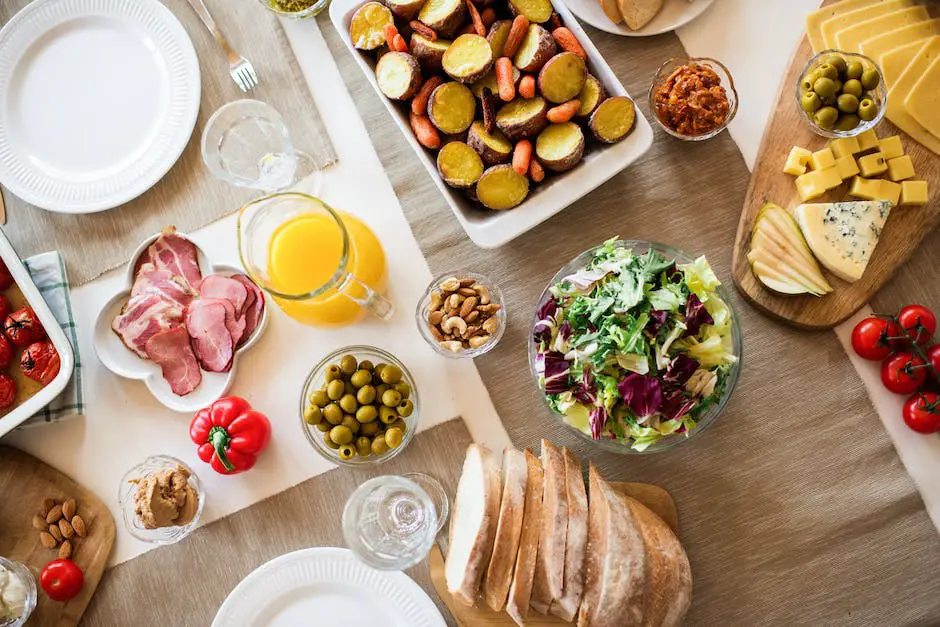
Plant-Based Diet – Beyoncé
Powerhouse performer Beyoncé fuels her phenomenal talent and flawless physique with a plant-based diet. The chart-topping diva embraces a lifestyle primarily focused on nutrient-dense and delicious fruits, vegetables, whole grains, and legumes. Beyoncé even co-founded a meal delivery service, 22 Days Nutrition, to share her love for plant-based eating with her fans.It’s no secret that a plant-based diet is known for its numerous health benefits. Making the switch can potentially help with weight loss, thanks to the high fiber and low-fat content of most plant-based foods. Not only can it keep your waistline in check, but a plant-based diet has also been shown to decrease inflammation in the body. This reduction in inflammation can lead to improved heart health and a lower risk of chronic diseases.Incorporating more plant-based meals into your diet doesn’t mean you have to sacrifice flavor or satisfaction. You can still indulge in mouth-watering vegan spins on comfort food classics, such as mac and cheese, pizza, and even burgers. Plus, following Beyoncé’s lead and going plant-based is also an eco-friendly choice, as it has been proven to lower greenhouse gas emissions and use fewer natural resources.If you’re looking to make a change towards a healthier, more sustainable lifestyle, take inspiration from Queen Bey herself and give a plant-based diet a try. Who knows – you might even find yourself feeling more ***Flawless*** than ever before.
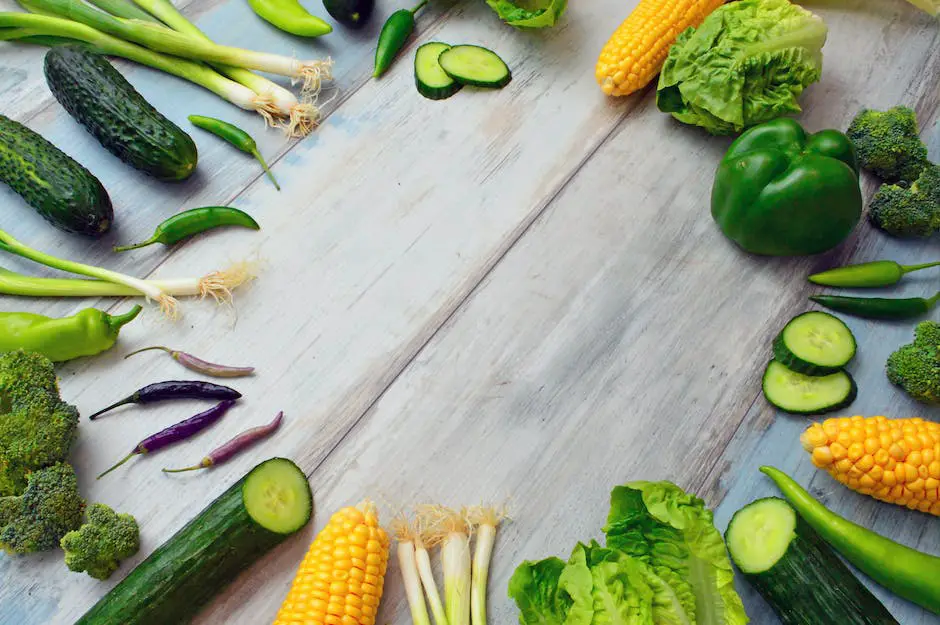
Intermittent Fasting – Chris Pratt
Chris Pratt, the charming actor known for his roles in “Guardians of the Galaxy” and “Jurassic World,” has been open about his personal health journey and weight loss transformation. One of the key secrets behind his impressive results? Intermittent fasting!While many celebrity diets can be overly restrictive or seem difficult to maintain, intermittent fasting offers a much more accessible approach to healthy living. Instead of counting calories or cutting out entire food groups, Chris Pratt focuses on when he eats instead of what he eats. By cycling between periods of eating and fasting, he’s able to enjoy a diverse range of foods while still reaping the benefits of cutting calories.Intermittent fasting has garnered significant attention over recent years, as it’s not just any fad diet. Backed up by a growing body of scientific research, this eating pattern has been linked to a myriad of health benefits. Think weight loss, improved metabolic health, and even increased longevity – who wouldn’t want a piece of that?But wait, there’s more! Chris Pratt isn’t just following the intermittent fasting trend blindly; he’s customized the strategy to fit his individual needs and lifestyle. He’s shared some of the specific techniques he’s tried, such as the 16/8 method (where he’d fast for 16 hours daily and eat only during an 8-hour window) and the “The Daniel Fast” (a 21-day partial fast inspired by biblical figure Daniel).Chris Pratt’s intermittent fasting success story shows that embracing this eating pattern can truly lead to some amazing results, especially when tailored to one’s unique needs. So, if you’re intrigued by the prospect of matching Chris Pratt’s radiant health and energy, why not give intermittent fasting a shot? You might just be surprised by how much it can transform your life!
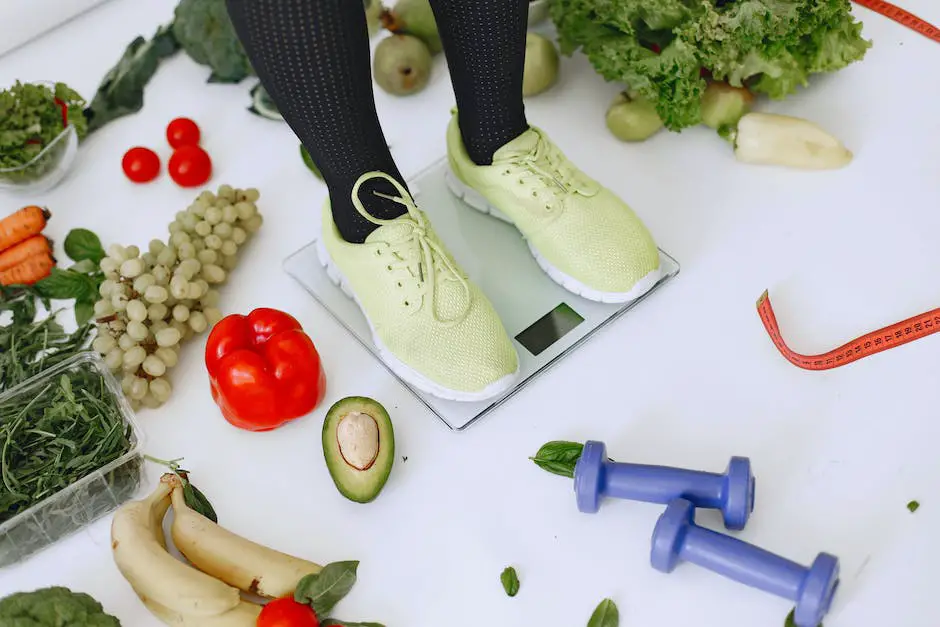
Mediterranean Diet – Gwyneth Paltrow
Gwyneth Paltrow and the Mediterranean Diet
Gwyneth Paltrow, an actress and wellness guru, has long been a proponent of the Mediterranean diet, a way of eating that has gained popularity for its numerous health benefits and delicious flavors. This balanced approach focuses on fresh, seasonal ingredients and emphasizes whole foods that nourish the body and mind. Centered around fruits, vegetables, whole grains, lean proteins, and healthy fats such as olive oil, the Mediterranean diet is inspired by the traditional eating habits of the countries bordering the Mediterranean Sea.
Health Benefits of the Mediterranean Diet
The Mediterranean diet has been shown to promote heart health by reducing LDL cholesterol, the “bad” cholesterol that causes plaque buildup in the arteries. Furthermore, consuming antioxidant-rich foods such as fruits and vegetables can help protect the body against chronic diseases and support brain function, keeping the mind sharp and focused.
Aiding in Weight Management
Another appealing aspect of the Mediterranean diet is its potential to aid in weight management. By focusing on wholesome, nutrient-dense foods and reducing intake of processed and sugary items, individuals may experience a more balanced approach to weight loss and maintenance. A key principle of this diet is moderation, meaning it doesn’t revolve around calorie counting or strict portion control, but rather encourages individuals to listen to their bodies and savor their meals with mindful eating.
Celebrated and Sustainable Lifestyle
The Mediterranean diet is more than just a fad; it’s a celebrated and sustainable lifestyle that Gwyneth Paltrow and many others have embraced for its ability to support overall wellness. So go ahead, whip up a vibrant Greek salad, drizzle some olive oil on that crunchy bruschetta, and treat yourself to a glass of red wine – all in the name of maintaining a healthy, balanced lifestyle like Gwyneth!
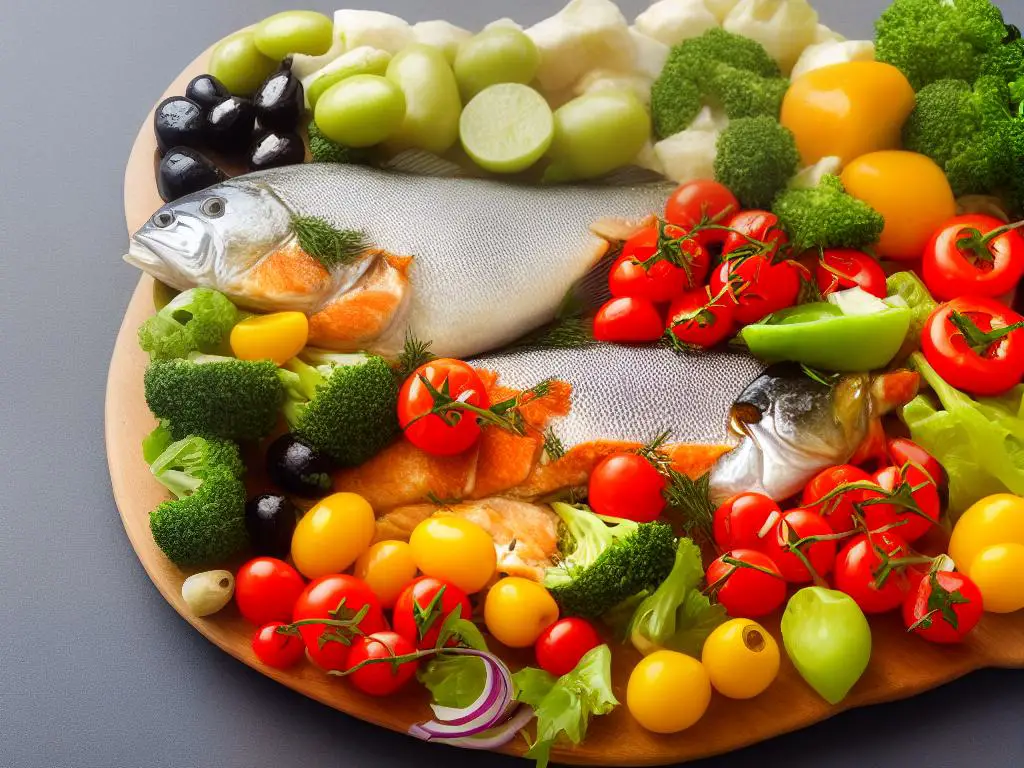
Paleo Diet – Jessica Biel
Jessica Biel’s Stunning Physique: Going Paleo for the Win
Super-fit and absolutely stunning, Jessica Biel has long been known for her enviable Hollywood figure. She’s a hot topic for fitness magazines and regular gym-goers alike, and it seems like everyone wants to know her secret! Luckily for us, Jessica is more than happy to share her diet tips and give us a glimpse into how she maintains her incredible shape.
Ready for the big reveal? Jessica Biel attributes her fabulous figure to none other than the Paleo diet! She firmly believes in embracing the eating habits of our ancestors and focusing on consuming food in its most natural state. By doing so, not only has Jessica discovered a diet that works wonders for her body, but she’s also unlocked the key to achieving overall improved health.
So what exactly does the Paleo diet entail?
To put it simply, the focus is on consuming lean meats, fish, vegetables, fruits, nuts, and seeds – essentially, all the goodness that our ancestors would have had access to in their daily diet. Processed foods, added sugars, and unhealthy fats? A big no-no for anyone following the Paleo lifestyle!
Jessica Biel has mastered the art of living a Paleo life, and her commitment to maintaining this way of eating has undoubtedly played a significant role in her successful career, as well as her ability to balance work, fitness, and family life. By ditching processed foods and embracing the nutritional power found in wholesome, natural ingredients, she has not only transformed her body but also reaped the many health benefits that come along with such a dietary regime.
Whether you’re looking to lose some weight or simply improve your overall well-being, Jessica Biel’s Paleo diet could be just the inspiration you need to kickstart your journey towards a healthier, fitter you. So, why not channel your inner cave(wo)man and see how going Paleo could transform your life!
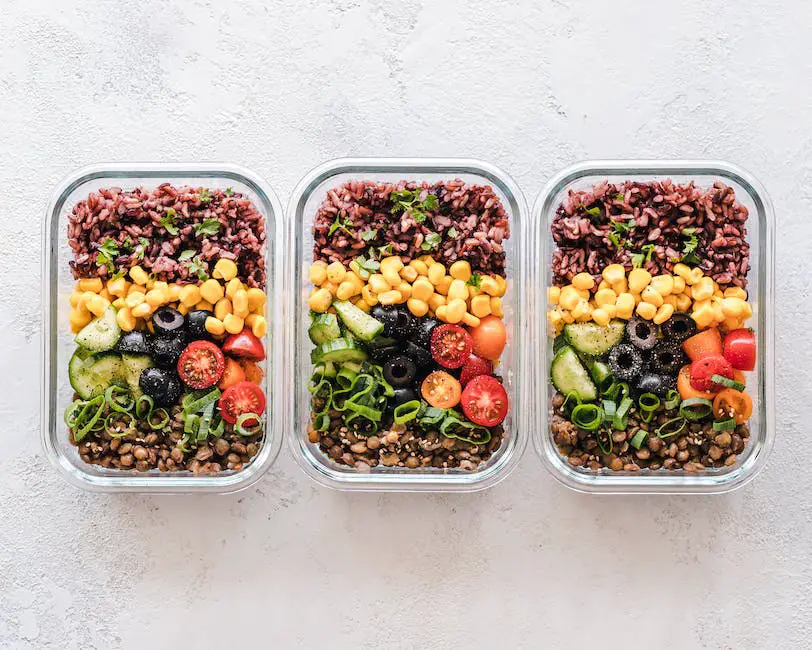
Zone Diet – Jennifer Aniston
Ever wondered how Jennifer Aniston maintains her stunning figure and radiant skin? One of the secrets behind her enviably fit body is the Zone Diet. This well-acclaimed diet plan revolves around the 40:30:30 ratio, which means that 40% of your daily caloric intake should come from carbohydrates, 30% from healthy fats, and the remaining 30% from lean protein sources.
The Friends’ star swears by this smart eating regime, which focuses mainly on balancing insulin levels. By keeping insulin levels in check, the Zone Diet aims to reduce inflammation – a major culprit behind several health issues like cardiovascular diseases and weight gain. Moreover, by following this diet plan, Jennifer ensures that her body stays energized throughout the day, without the unwanted hunger pangs.
To follow the Zone Diet just like Jennifer, fill your plate with fresh fruits, vegetables, whole grains, lean meats, and healthy fats such as avocado, olive oil, and nuts. Not only does this provide all the essential nutrients your body needs, but it also helps in keeping your appetite under control. The best part? You don’t have to bid farewell to your favorite carbs – it’s all about striking the perfect balance!

High-Protein Diet – Dwayne ‘The Rock’ Johnson
When it comes to maintaining a super-toned physique and showing off some serious muscle, there’s no better example than Dwayne ‘The Rock’ Johnson.This former wrestler turned Hollywood A-lister attributes much of his fitness level to his commitment to a high-protein diet.By focusing on lean meats such as chicken, fish, and steak, as well as protein-rich plant foods like tofu, beans, and quinoa, The Rock ensures his body gets the fuel it needs to power through his hardcore workouts.But don’t be fooled into thinking it’s all work and no play.The Rock is also known to enjoy his fair share of cheat meals, ranging from stacks of pancakes to heaps of sushi.However, the key to his enviable muscle mass and tremendous strength lies in the consistent intake of high-quality proteins.He also opts for healthier cooking methods, such as grilling, baking, or sautéing, rather than frying.This helps to reduce unnecessary fats and ensures each meal is not only protein-packed but also nutritious.By consuming a high-protein diet, Dwayne ‘The Rock’ Johnson supports muscle growth, enhances recovery after his jaw-dropping workouts, and promotes overall fitness.So, the next time you hit the gym or find yourself craving some wholesome protein, just remember: WWTRD (What Would The Rock Do?)!

Photo by aloragriffiths on Unsplash
Each celebrity diet mentioned in this listicle demonstrates various approaches to achieving optimal health and fitness, with a focus on different aspects such as weight loss, muscle growth, or longevity. While some diets may work for one person, they might not necessarily be the best option for everyone. It’s crucial to remember that maintaining a balanced diet and listening to your body’s needs is the key to leading a healthy lifestyle. Ultimately, it’s up to each individual to find the perfect dietary balance that works best for their unique needs and goals.
